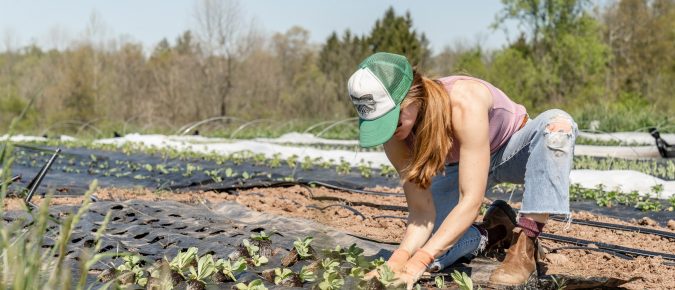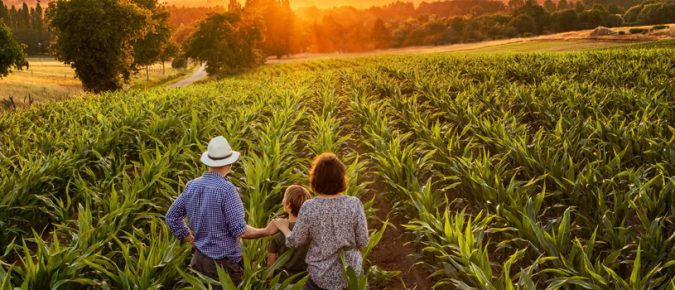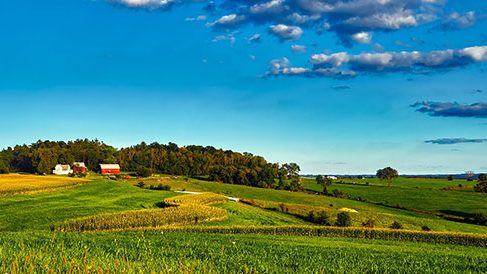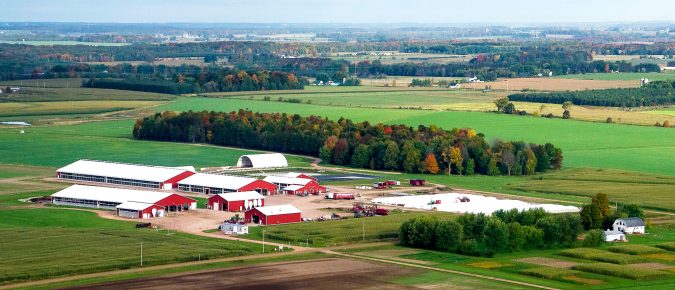Do you count yourself among those who dream of being a farmer? Do you have some property and want to do something productive with it, maybe even make money off it? Are you seeking land and working on developing a viable plan for a future farm business? UW-Madison Extension provides tips fir generating viable ideas for a farm-based business
While a majority of farm products are marketed through a system involving several middlemen, direct marketing maintains the farmer’s connection to the customer, allowing them to develop a unique relationship, tailor their product offerings, and keep money closer to the farm and local community.
A lender’s primary interest is in whether you’re likely to fulfill the requirements of a credit agreement. When a creditor lends you money, he or she does it with the expectation of earning a profit, which is unlikely to happen if there’s a good possibility that you’ll default on the loan. The lender will be […]
Extension offers resources, information and networking opportunities for farmers interested in exploring and assessing new business ideas or revenue streams to their operations. Resources help farmers assess feasibility and critical success factors of new or additional enterprises including value-added production, and marketing and business strategies.
A variety of programs exist in the upper Midwest region that can provide new farmers in Wisconsin with training and education around production, business planning, farm financials, and more. Programs range from on-farm apprenticeships, mentorships, short-term workshops, longer-term curriculum-based programs, and academic institution degrees. Programs often serve beginning farmers with a range of prior knowledge […]
“Beginning farmer” is a broad term that often refers to an individual who has been operating a farm for less than 10 years or someone who has not yet begun to operate a farm but is actively working toward doing so. Today’s beginning farmers tend to be more diverse than previous generations – in demographics, education and experience. In response, the way in which individuals enter farming has become more diverse as well. Programs and trainings that served previous generations of farmers are being expanded and re-defined to meet the needs of new farmers today.
Farmers are notorious for preferring to farm while leaving business dealings to trust, fate or chance. Afterall, there are only so many hours in a day, and when farm families work near each other all day, it is tempting to believe that assumptions or verbal communication may replace written text. Farmers must remember, however, that every business entity carries legal and tax implications, and the written operating agreement may save a lot of headaches and heartaches when legal and tax issues arise.
The development of a meaningful vision is not easy or instantaneous. It takes time, thought, effort, and teamwork. Once you have thought through the following steps, share your vision with the members involved in your farm business. The farm vision will need their input as well, if they are to be involved in the future of the business.
Strategic thinking helps farm businesses make decisions by thinking ahead, visualizing potential problems, and finding solutions. A comprehensive SWOT analysis helps a farm respond to opportunities and threats by taking advantage of their strengths and weaknesses. Developing realistic strategies and goals helps the farm adapt and make proactive decisions.













